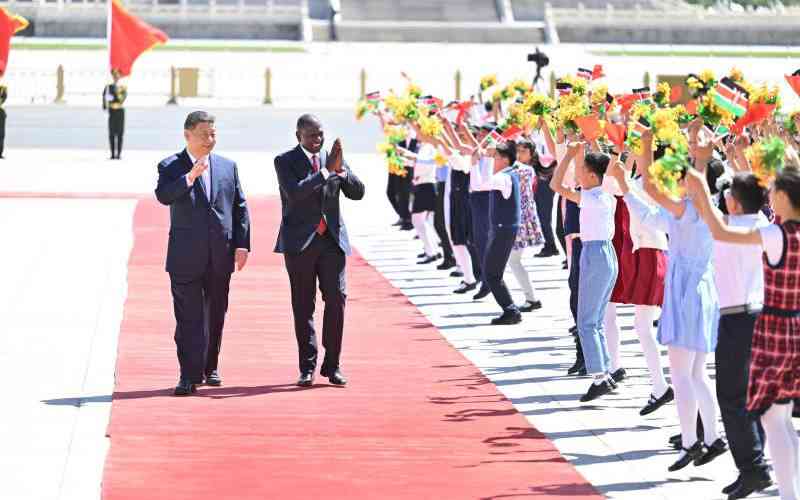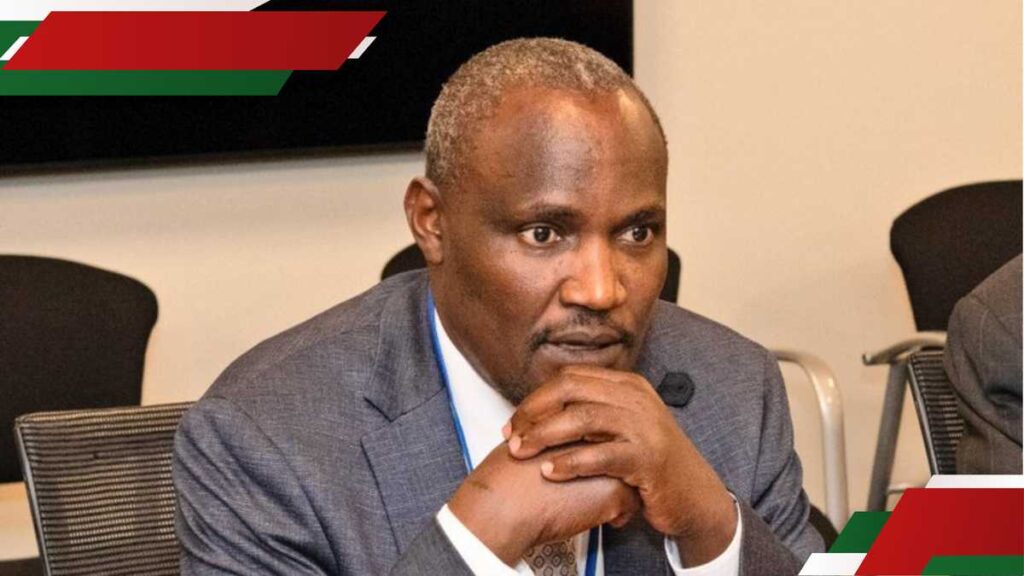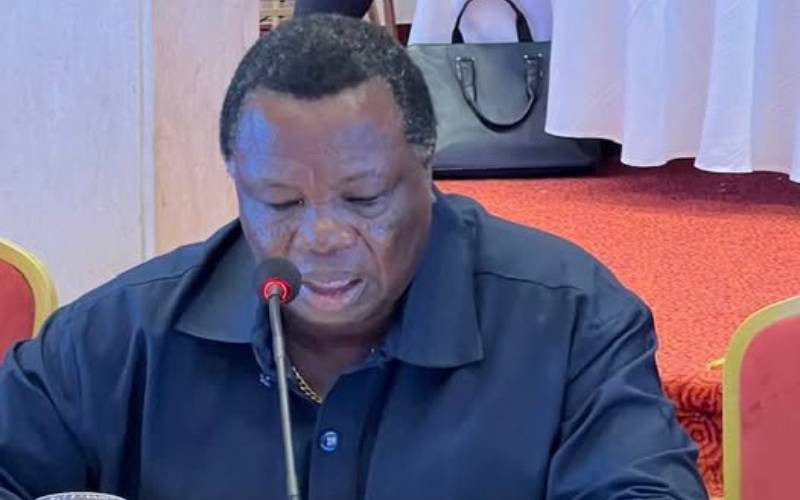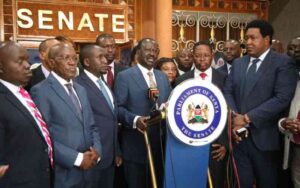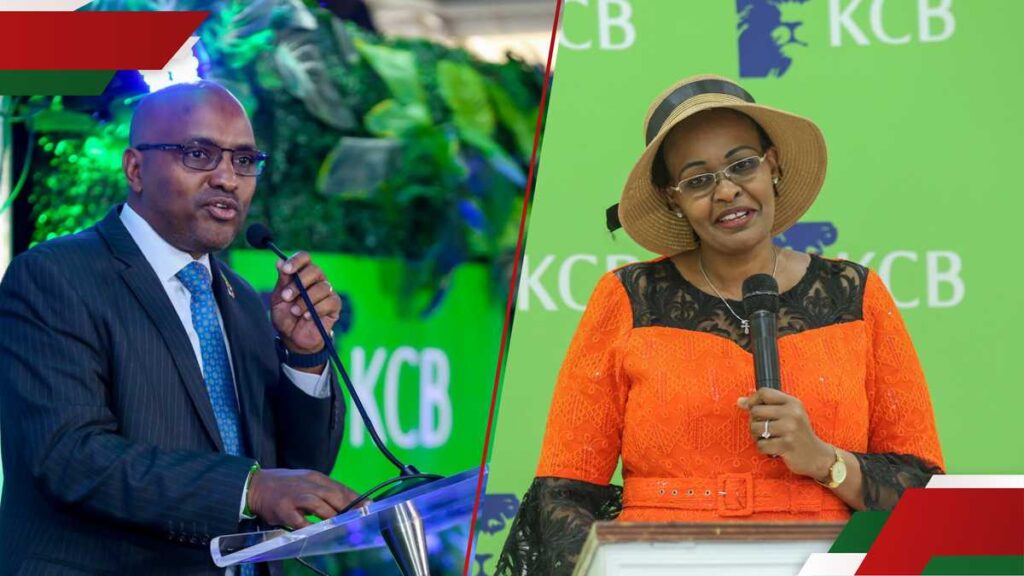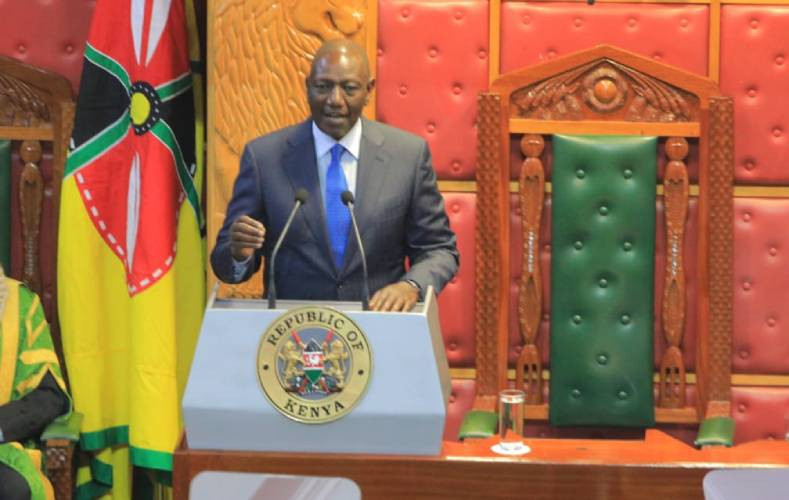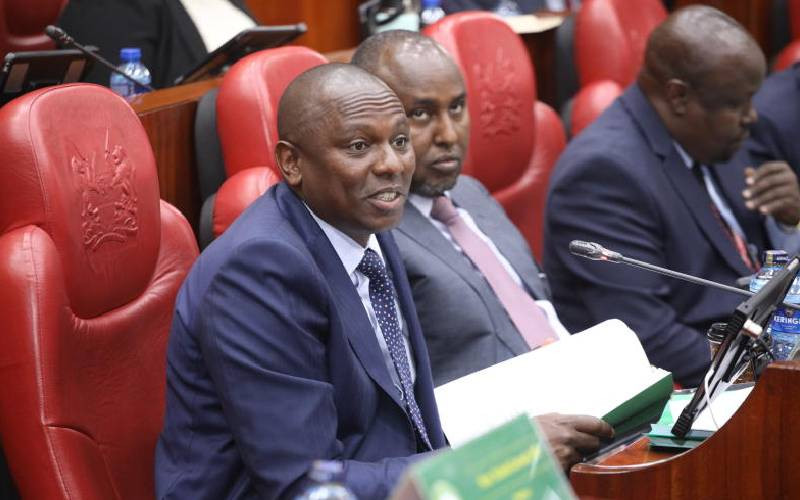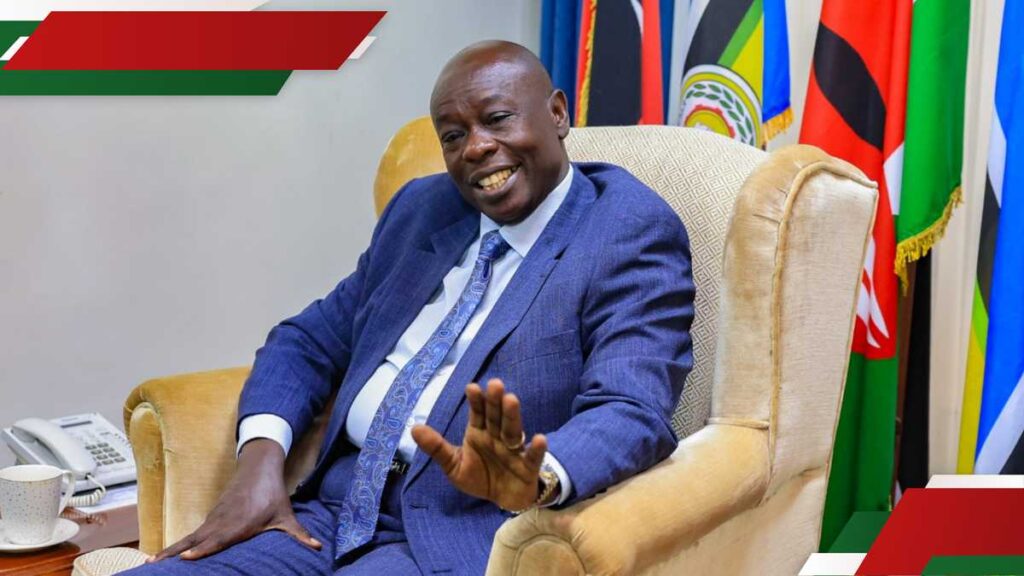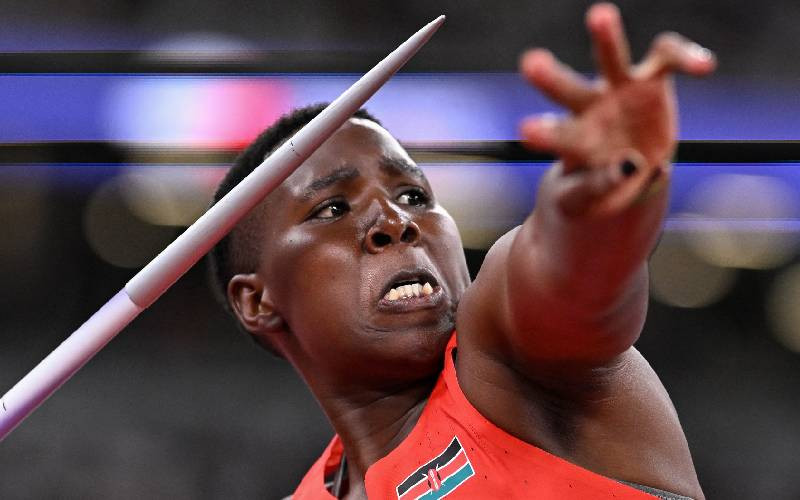China’s influential ruling Communist Party (CPC), which has led the People’s Republic of China (PRC) since its founding in 1949, is addressing significant challenges concerning youth employment and persistent systemic graft, a senior party official stated.
Gong Weibin, Vice President of the Party School of the CPC Central Committee (National Academy of Governance), told The Standard at a press conference, these issues pose critical tests for the party’s continued social stability and sustained development.
The CPC, established in 1921, has grown to over 95 million members and has overseen China’s transformation through policies like the 1978 reform and opening-up.
This led to its growth into the world’s second-largest economy, lifting hundreds of millions out of poverty. Gong Weibin believes this demonstrates the effectiveness of the Marxist communist model with Chinese characteristics in guiding China towards becoming a modern socialist country.
Gong, flanked by other party officials, however, highlighted maintaining the party’s “purity” as a crucial internal challenge.
He noted that while globally many political parties have encountered issues with corruption, the CPC actively addresses this through consistent efforts.
“Our resolve, attitudes, and reform measures in combating corruption and maintaining a fine conduct have been recognised by the Chinese people,” Gong said via interpreter, adding that satisfaction rates among the Chinese public for anti-corruption efforts reportedly exceed 90 per cent.
Another core challenge however, according to Gong, is the CPC’s commitment to a “people-centered approach.”
With over seven decades in power, the party emphasises the importance of remembering its “initial aspirations” – to wholeheartedly serve the people – a principle consistently stressed by China’s President and CPC General Secretary Xi Jinping.
The issue of youth employment has gained prominence in China -dubbed the world’s factory- particularly with a large number of university graduates entering a job market undergoing structural adjustments.
Creating sufficient opportunities for young people is deemed vital for social cohesion and harnessing the “demographic dividend,” a period of economic growth potential linked to a larger working-age population, Mr Gong offered.
Under the CPC’s leadership, China’s constitution specifies that the government, which exercises state power and administers state affairs, operates within the party’s framework.
The CPC sets long-term goals and strategies, while the National People’s Congress (NPC) – China’s top lawmaking body – formulates policies, and the government implements them.
Stay informed. Subscribe to our newsletter
This system of multi-party cooperation and political consultation, including the annual “Two Sessions” (plenary meetings of the NPC and the Chinese People’s Political Consultative Conference (CPPCC) – the top political advisory body), is described as distinct from Western models.








